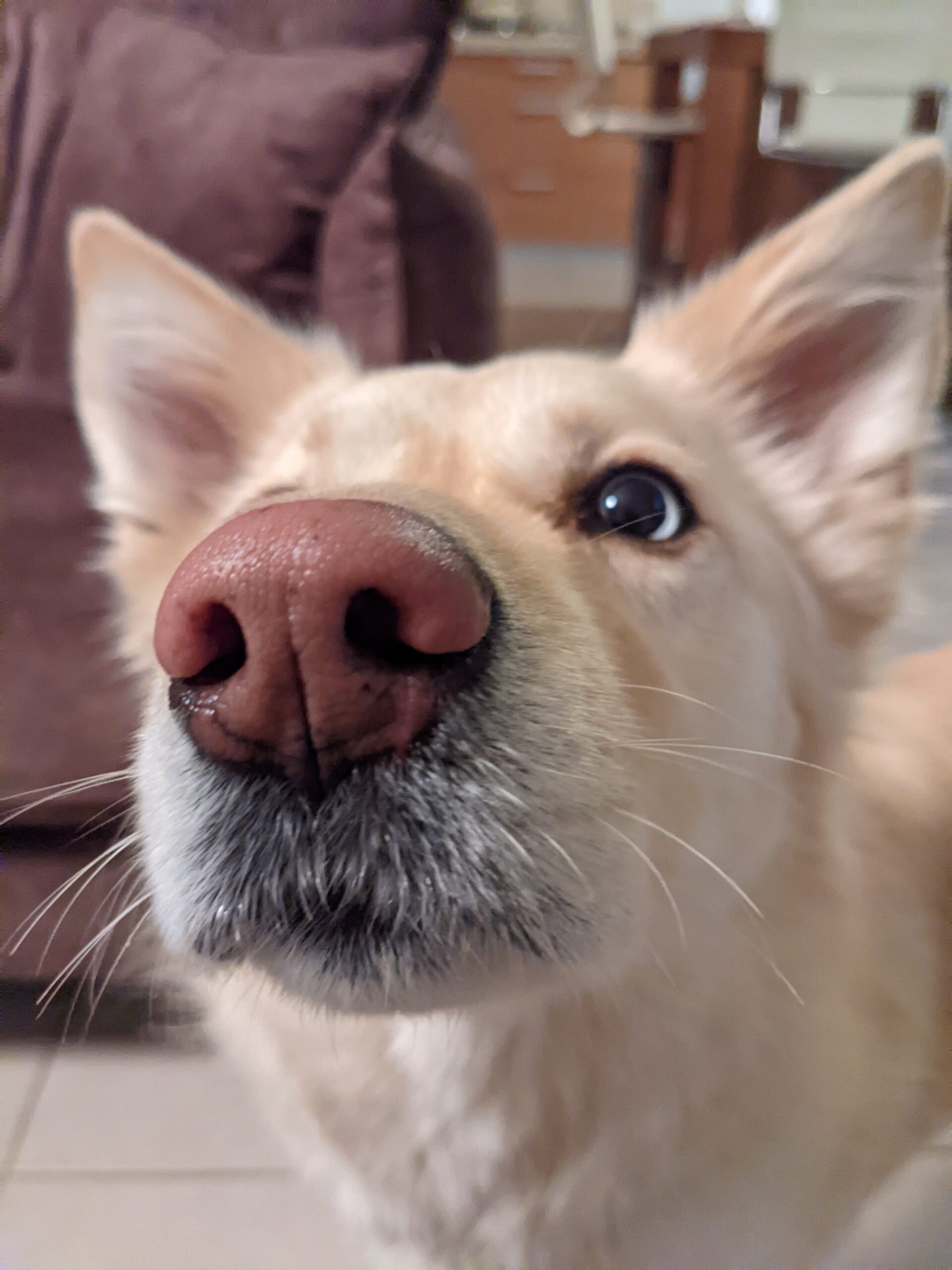Pet Diagnostics
Pet diagnostics refer to different kinds of tests that can provide an accurate diagnosis of your pet’s health.

Pet diagnostics refer to different kinds of tests that can provide an accurate diagnosis of your pet’s health.

Pet diagnostics refer to the different kinds of tests that can provide an accurate picture of your pet’s health.
Pet diagnostics are different kinds of tests that can help provide a general overview of your pet’s health or help to diagnose an illness or disease.
X-rays, MRIs, CT scans, and labwork are all common diagnostic tools your vet might use to monitor things like your pet’s internal organ function or their complete blood count, or to check for broken bones or identify conditions like Lyme disease. These kinds of imaging technologies and laboratory tests will allow your vet to create a full assessment of your pet’s health.
Yes. A pet health insurance policy will cover the costs of diagnostics and treatments for eligible accidents and illnesses. Any diagnostics your vet recommends are worth pursuing because your pet can’t tell you what’s wrong or how they’re feeling. These tests are incredibly important because they help your vet get the most comprehensive picture of your furry family member’s health.
Some pet insurance companies might offer a wellness package that will extend coverage to additional situations, with pet diagnostics covered as part of preventative care offered to your pet.
If you add the Preventative and Wellness package to a Lemonade pet health insurance policy you’ll be combining coverage forces!
You’ll be covered for your annual wellness exams, routine vaccines, tests, and more! Learn more about Lemonade Pet’s preventative care options here.
Your vet might even be able to provide real-time results from your pet diagnostics if they have an in-house laboratory or digital x-ray equipment.
In order for pet diagnostics to be covered by most pet insurance policies they’ll need to be used appropriately. If your pet isn’t sick or recovering from an accident, or if your vet doesn’t recommend the diagnostics, your pet insurer won’t cover the costs.
Please note: Lemonade articles and other editorial content are meant for educational purposes only, and should not be relied upon instead of professional legal, insurance or financial advice. The content of these educational articles does not alter the terms, conditions, exclusions, or limitations of policies issued by Lemonade, which differ according to your state of residence. While we regularly review previously published content to ensure it is accurate and up-to-date, there may be instances in which legal conditions or policy details have changed since publication. Any hypothetical examples used in Lemonade editorial content are purely expositional. Hypothetical examples do not alter or bind Lemonade to any application of your insurance policy to the particular facts and circumstances of any actual claim.